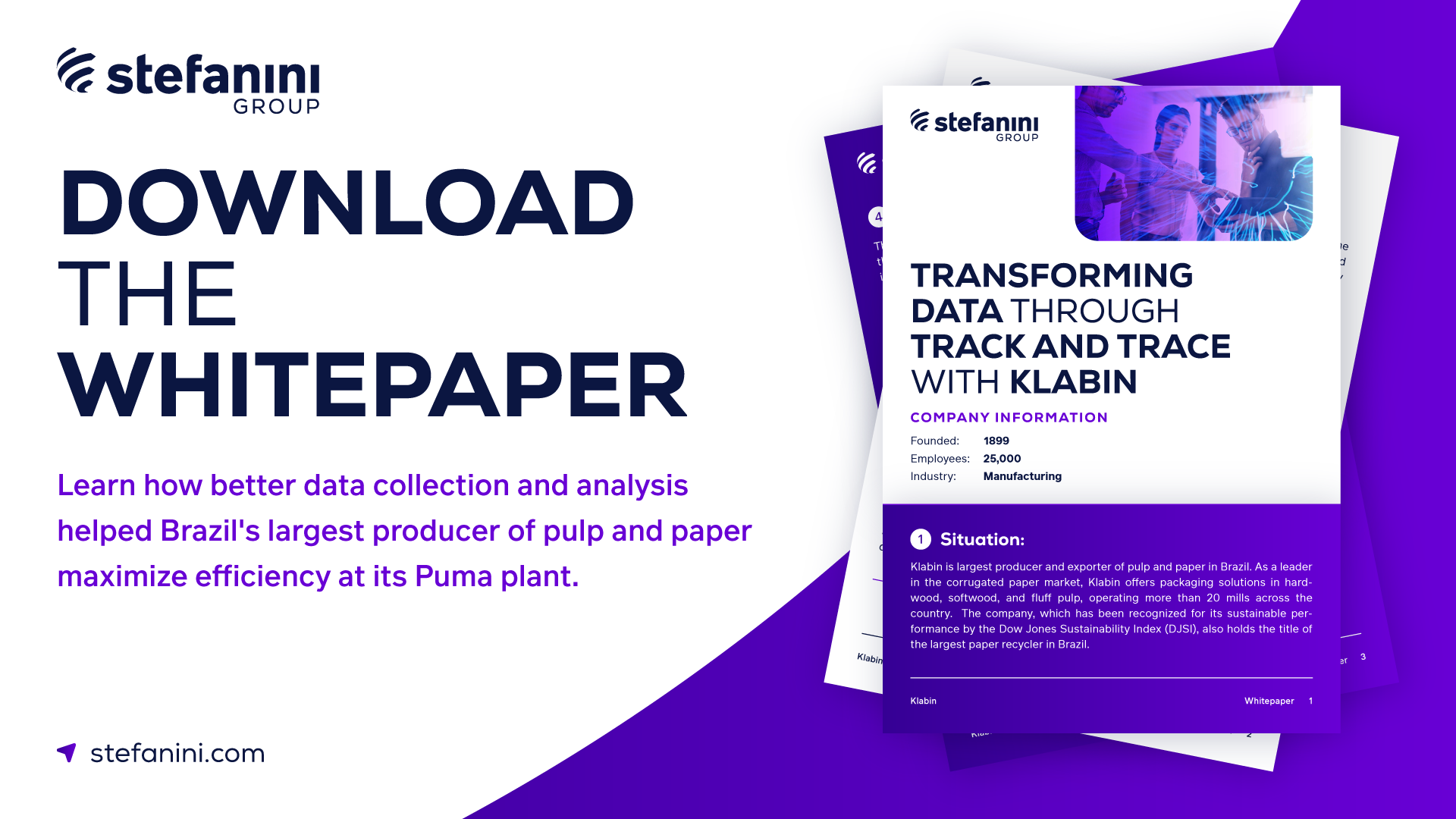The future of the automotive industry will be determined by the trends and technologies that are being shaped today. With a growing emphasis on sustainability, convenience and personalization, meeting the ever-changing demands of consumers will require automakers to think innovatively, leveraging new tools and technologies to bridge the gap between where they are and where they will need to be in the years to come.
Artificial intelligence (AI) may be one of the most effective tools in developing the next generation of vehicles, with computer vision, natural language processing (NLP) and intelligent automation allowing for the design of new business models, work processes and products. To understand the importance of AI in automotive, and how this critical technology is being applied, this article is breaking down 5 of the most impactful applications of AI in the automotive industry.
Benefits of AI in Automotive: 5 Impactful Applications
From streamlining production processes to optimizing new, personalized in-vehicle experiences, there are many benefits of leveraging artificial intelligence in the automotive industry. Many industry leaders are proactively investing in AI technology to improve products and customer experiences, with those who fail to adopt this technology running the risk of quickly falling behind the competition.
To aid in the adoption of automotive AI, let’s explore some of the biggest benefits this technology can have on the modern mobility ecosystem.
Simplified Supply Chain
Vehicles consist of tens of thousands of individual parts sourced from hundreds of suppliers around the world. AI can help car manufacturers solve for several automotive supply chain challenges, powering predictive analytics and machine learning techniques that can provide powerful data-driven insights, allowing vehicle manufacturers to anticipate future demand.
In automotive supply chain processes, AI can drive additional value by optimizing inventory management, procurement, pricing and logistics.
Manufacturing Optimization
From design to production and post-production, leveraging AI in automotive manufacturing can mean significant cost and time savings. Through a combination of tools, including NLP and computer vision, AI systems can enable the design of new vehicles and automate the equipment used to construct them.
Digital twin technology can also be used to optimize the manufacturing process. Simply put, a digital twin is a virtual copy of a physical vehicle engineers can use to test the performance of the product. Though digital twins have been in use for decades, the recent advancement of Internet of Things (IoT) technology has made using digital twins a significantly more cost-effective option.
Real-Time Quality Control
In vehicles, AI can be used to harness the power of IoT systems, allowing automotive companies to capture real-time data about the condition and performance of vehicles, tracking trends and determining when maintenance may be needed. This opportunity for predictive maintenance is one of the biggest potential benefits of AI in the automotive industry, allowing automakers to get out in front of potential issues before they become a major concern, taking preventative measures to improve the overall efficiency and performance of their vehicles.
Personalized Driver Experiences
The call for personalized, consumer-driven experiences has been heard across industries. In the automotive field, the next generation of drivers desires more than just a mode of transportation, seeking personalized experiences from vehicles that understand their personal habits and preferences.
For example, personalized vehicles may be able to automatically adjust climate control settings to the driver’s preferred temperature or provide the driver with news and traffic updates relevant to their location. Modern vehicles are just beginning to scratch the surface of what AI-powered infotainment can potentially offer, but in the coming years, personalization will become increasingly important to enhance the driver experience – and artificial intelligence may be the key.
Smarter Vehicles
From autonomous, self-driving vehicles to connected, software-defined vehicles, many of the biggest trends in automotive rely on smart technology. AI capabilities, including the use of computer vision, and robotic automation, have aided automakers in the creation of smarter, safer vehicles. While the idea of every household owning an autonomous vehicle may be far fetched by today’s standards, the demand for smarter vehicles is already a reality, with many consumers looking for a car that is just as smart, if not smarter, than their smart phone.
But the creation of smarter vehicles will do more than appease modern consumers, with many AI-enabled features already reaching prominence in the market. Driver assist uses AI to monitor blind spots, warning drivers when potential obstacles are nearby. In the future, this technology may have even greater benefits through driver monitoring, capable of identifying when drivers may be at risk of falling asleep at the wheel and so on. AI-powered systems can also assist with automotive insurance, allowing vehicles to monitor driver behavior to determine insurance costs and allowing drivers to use AI to collect accident data when submitting insurance claims.
Revolutionize the Road
Though artificial intelligence can be a powerful tool in any industry, applied AI in automotive has become more than a distant dream. With industry trends driving demand for increased autonomy, connectivity and personalization, applications of AI in the automotive industry will be essential in designing the future of modern mobility.
Are you ready to see what AI can do for your business? At Stefanini, we offer a complete artificial intelligence ecosystem capable of catalyzing innovation for our clients. Contact us to learn more!




















